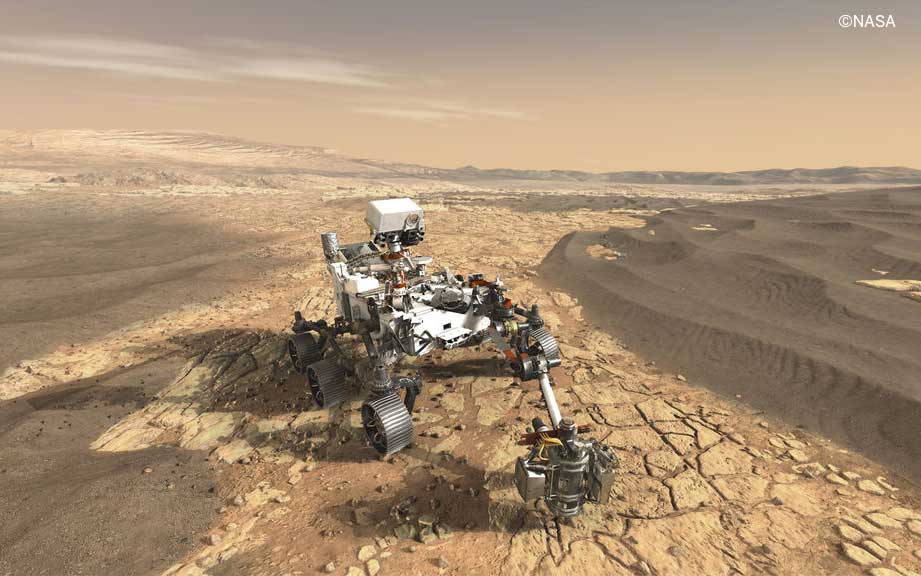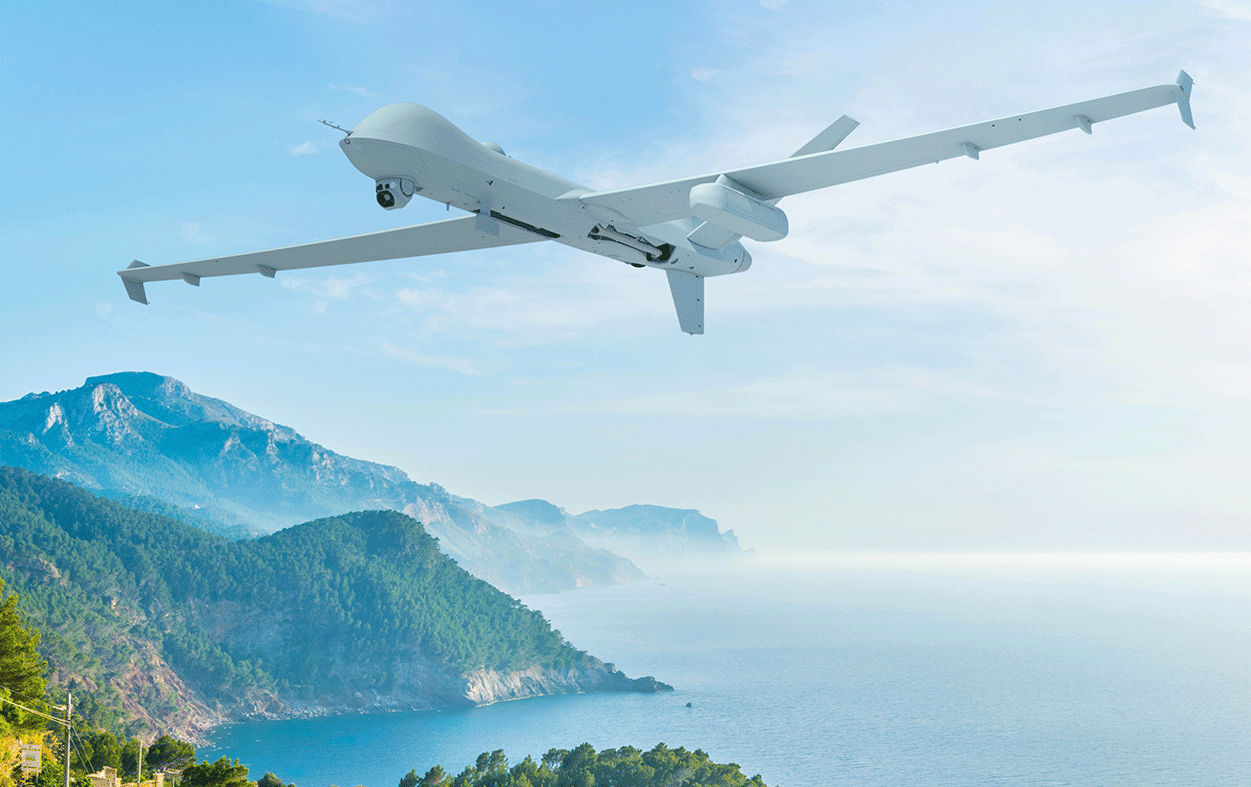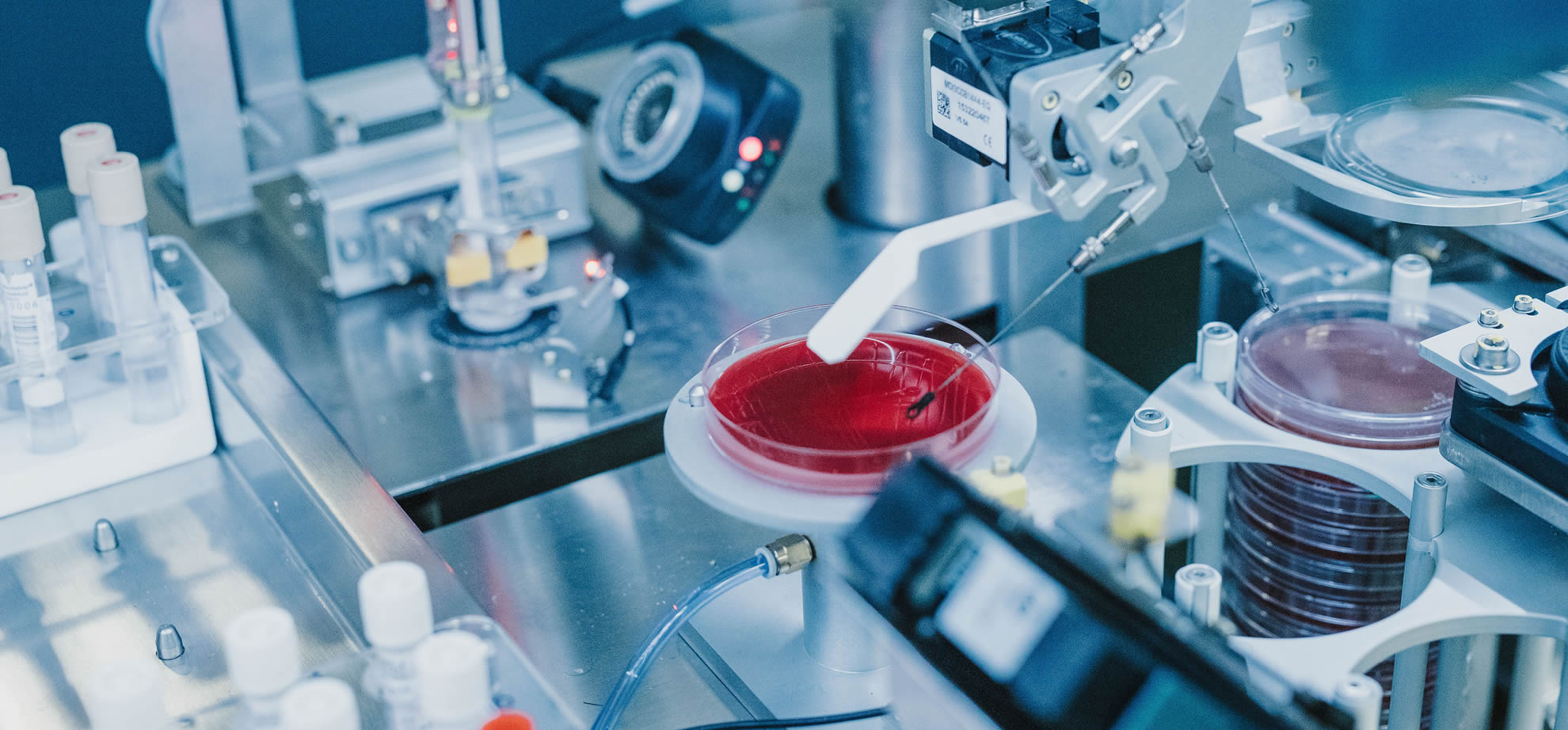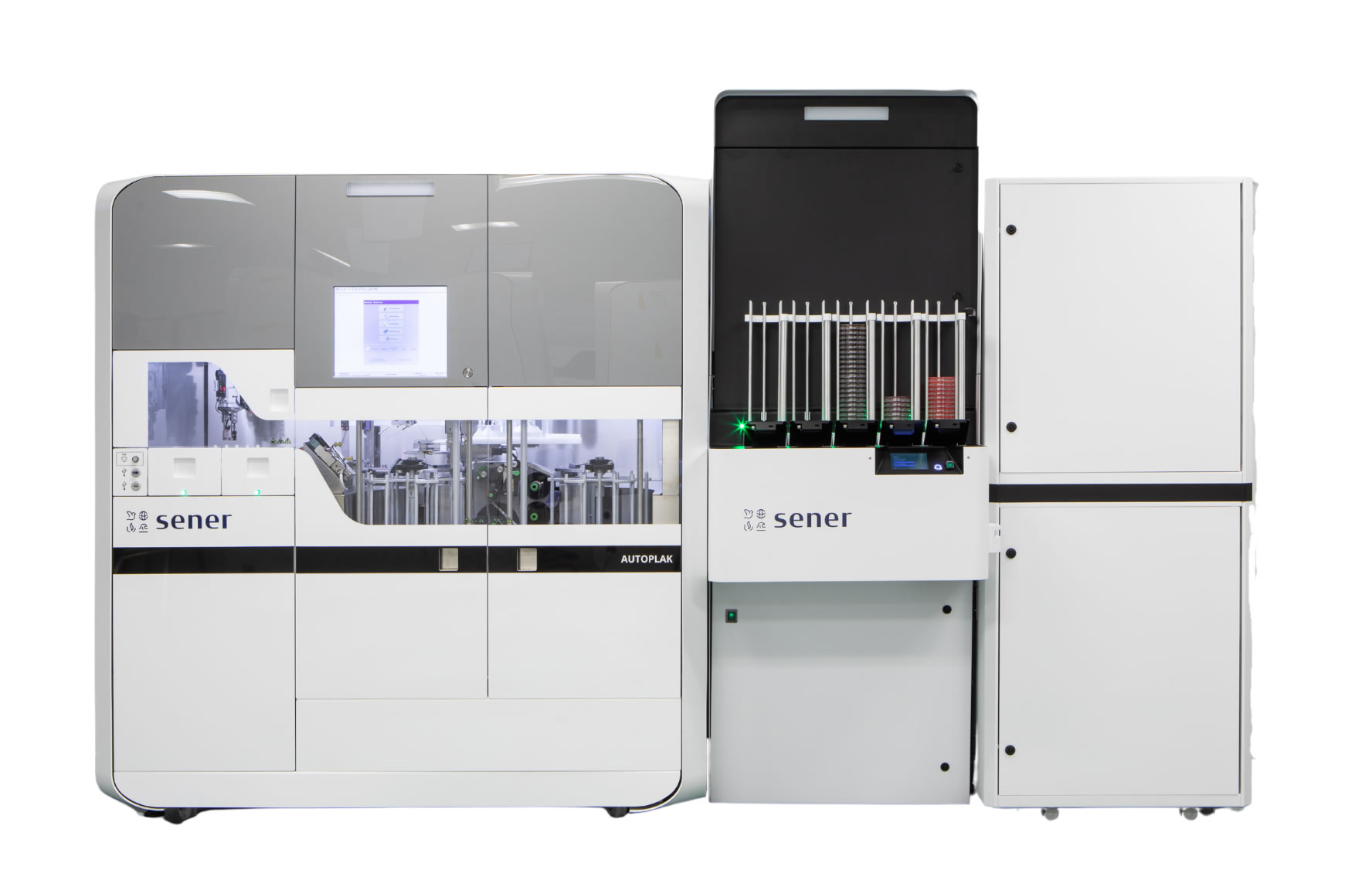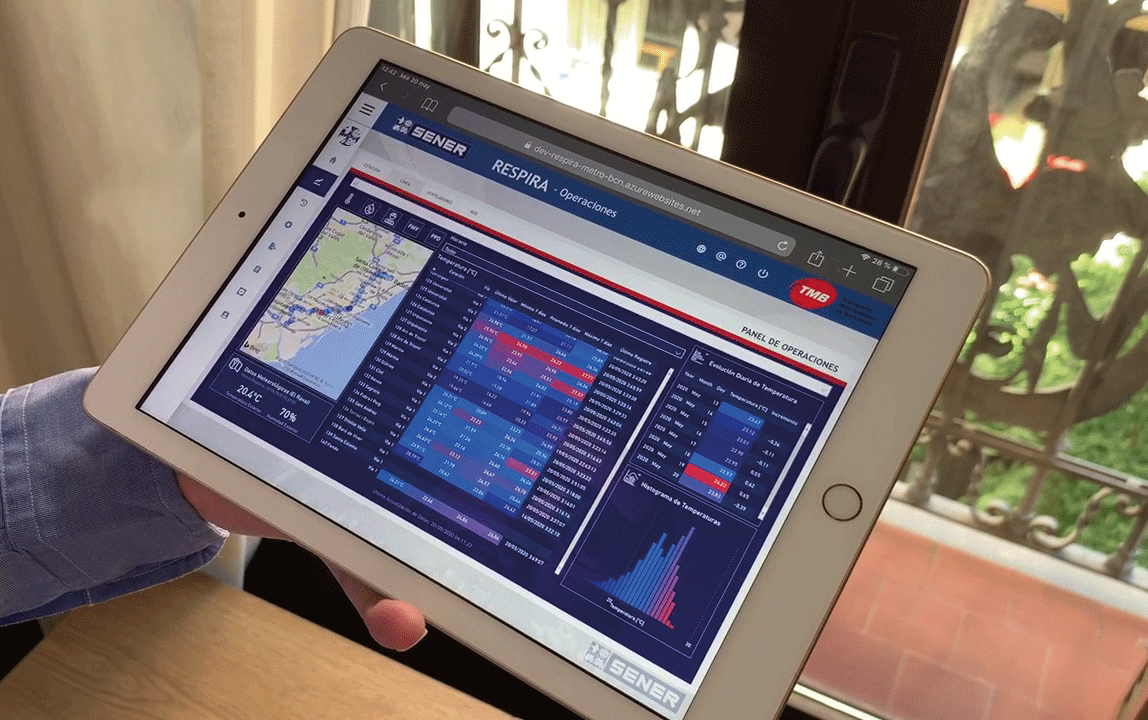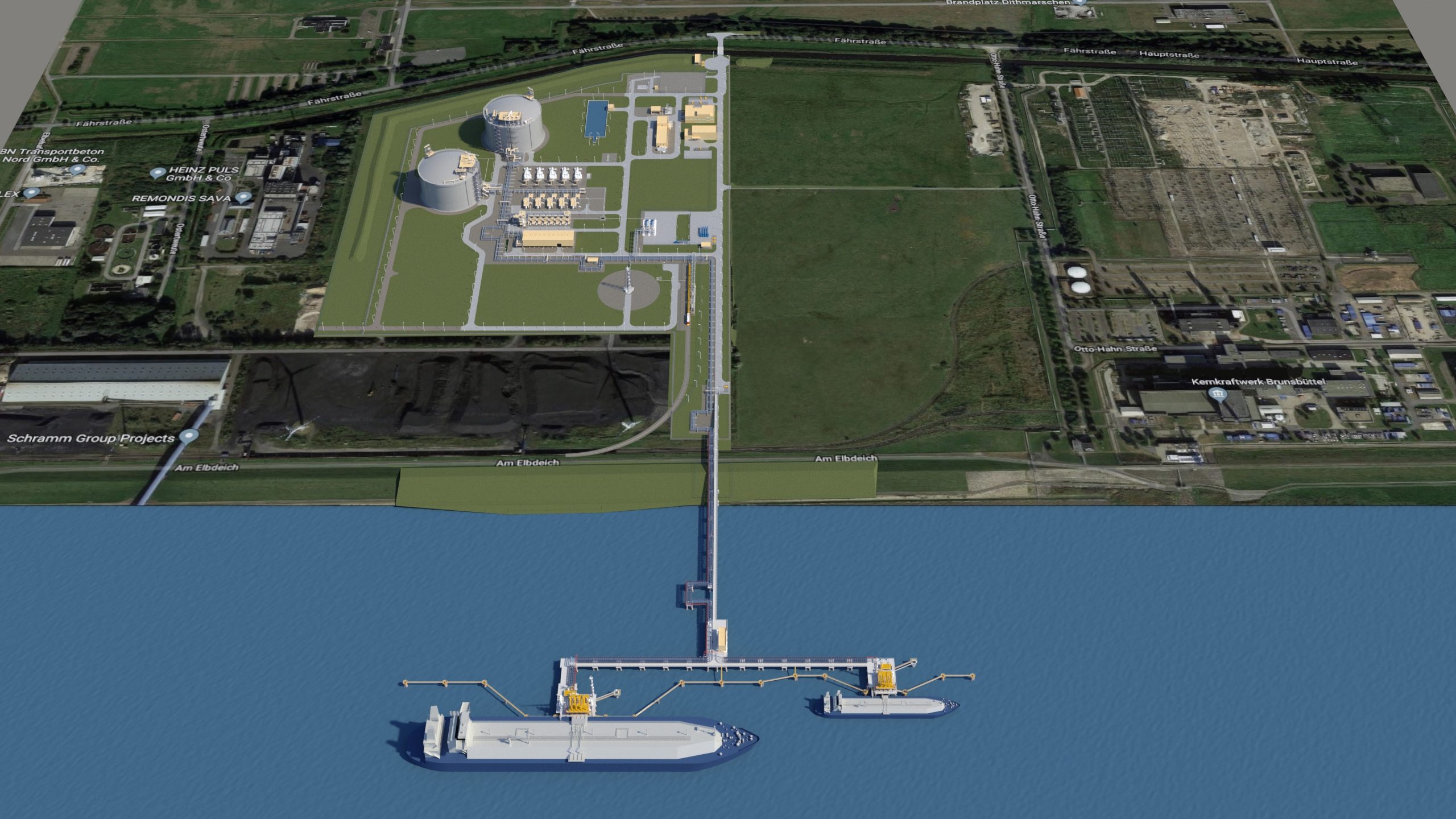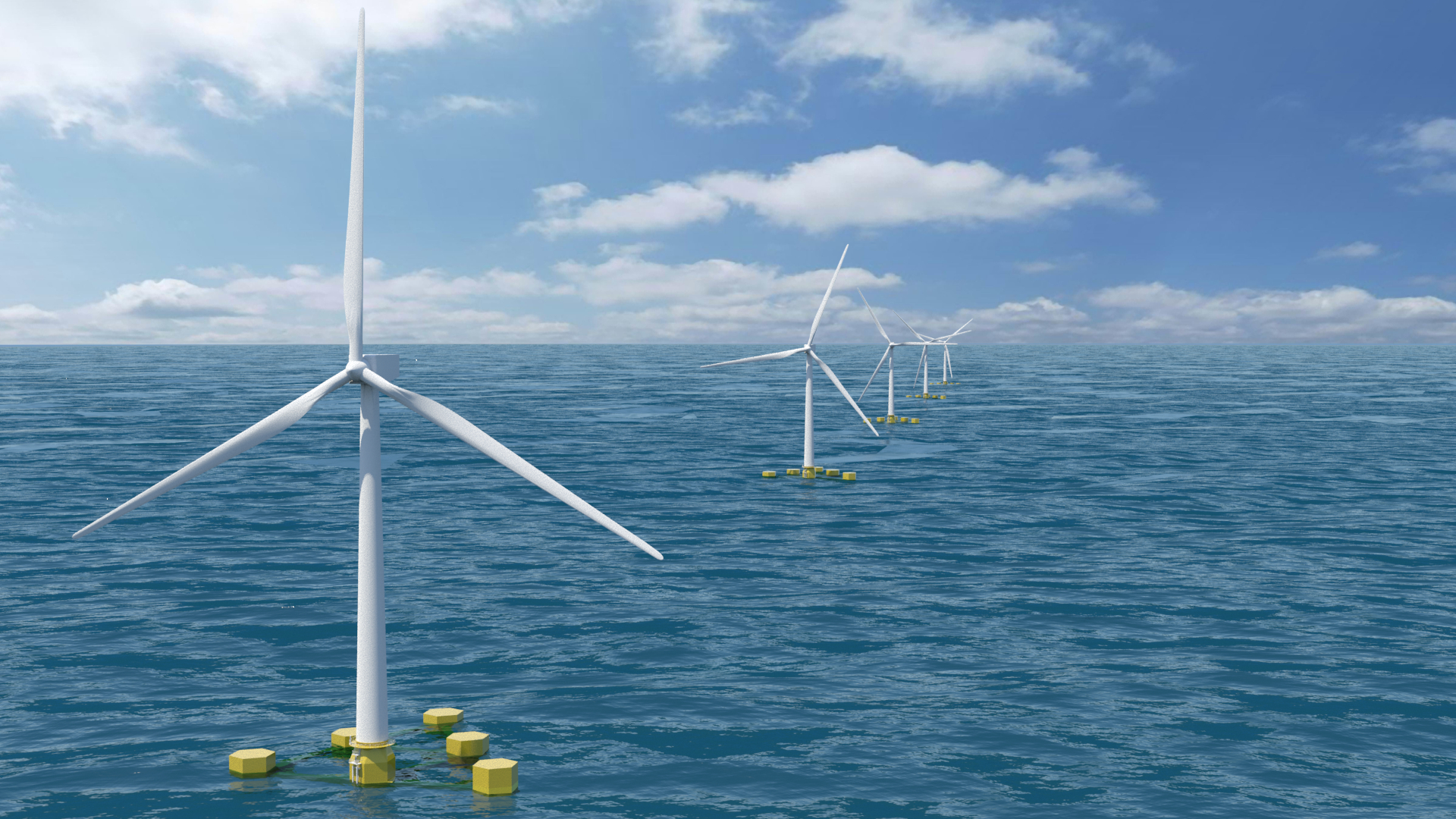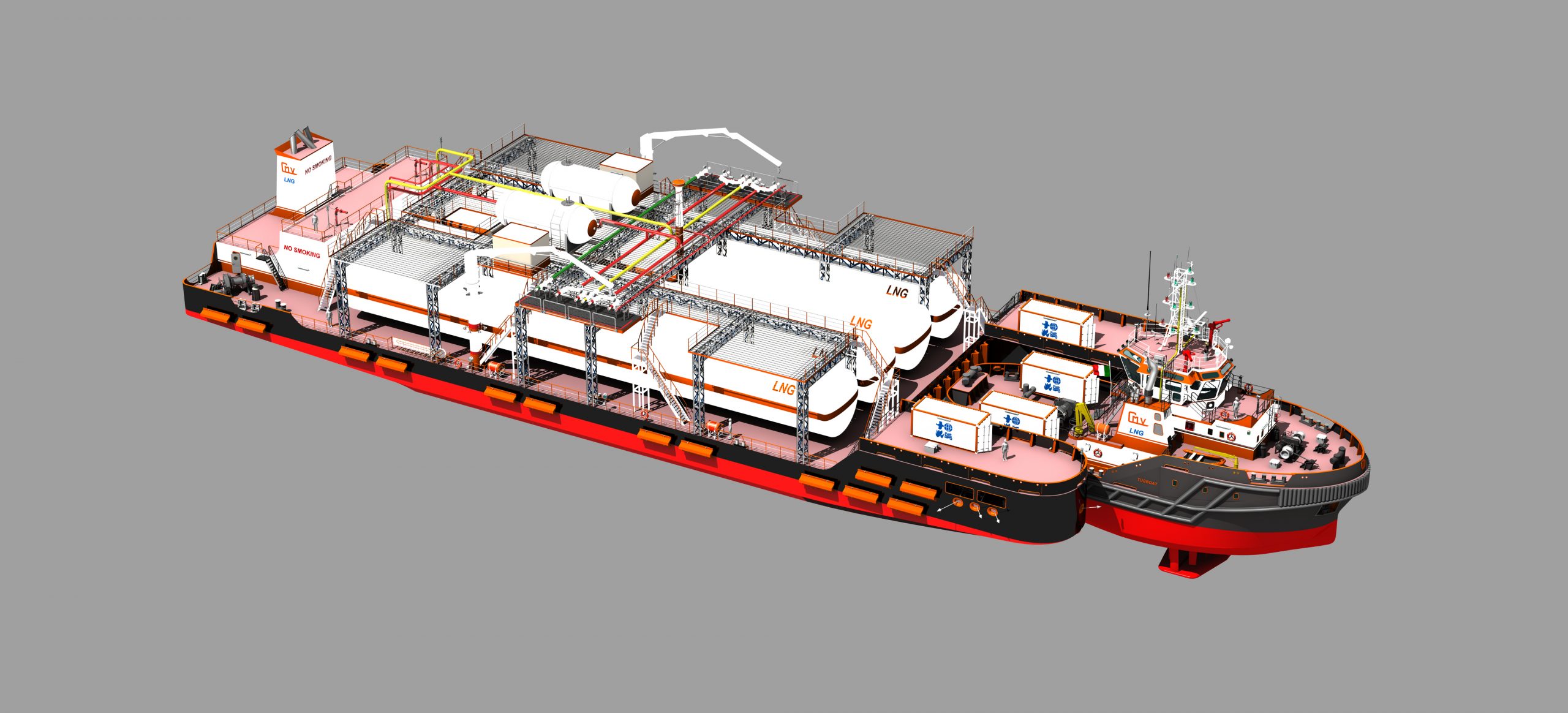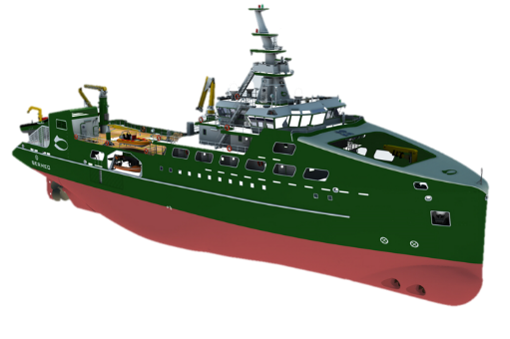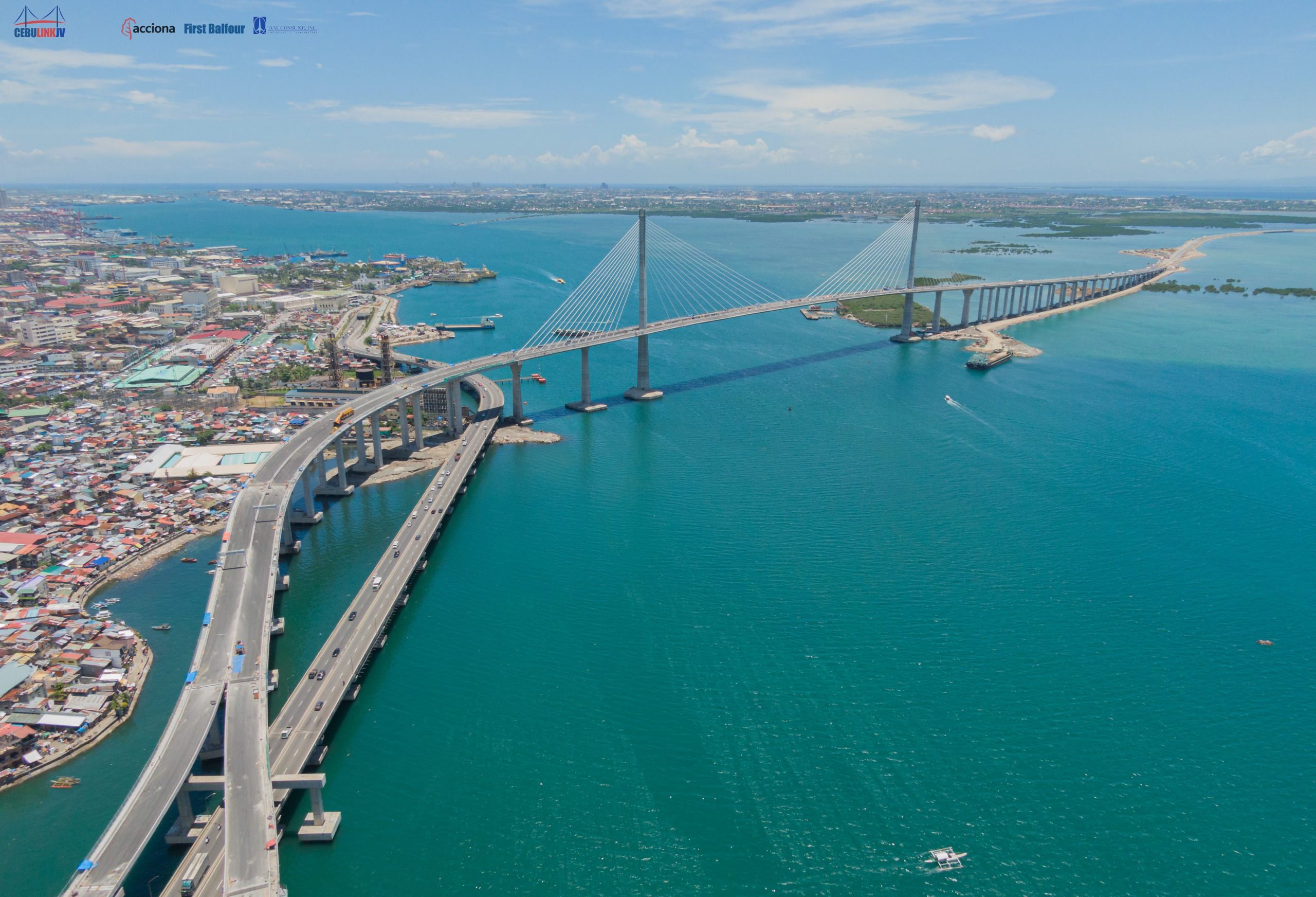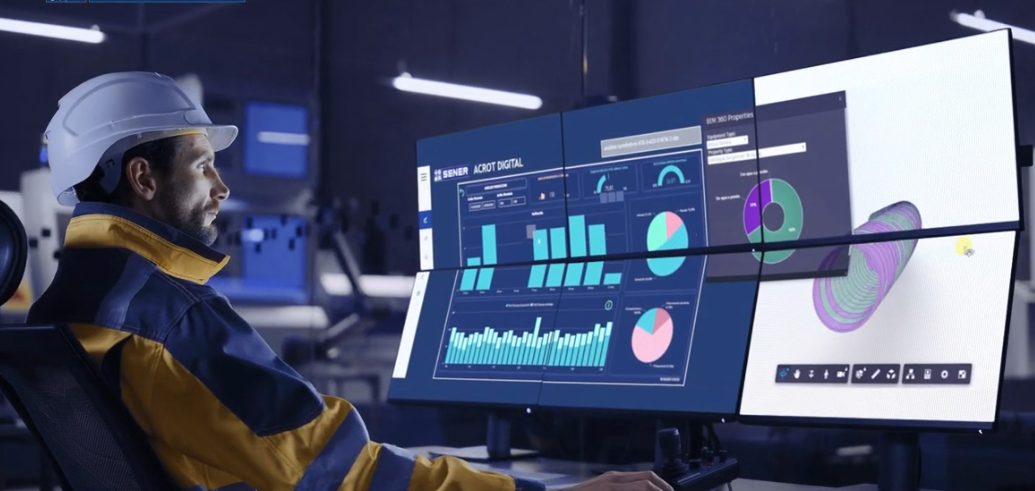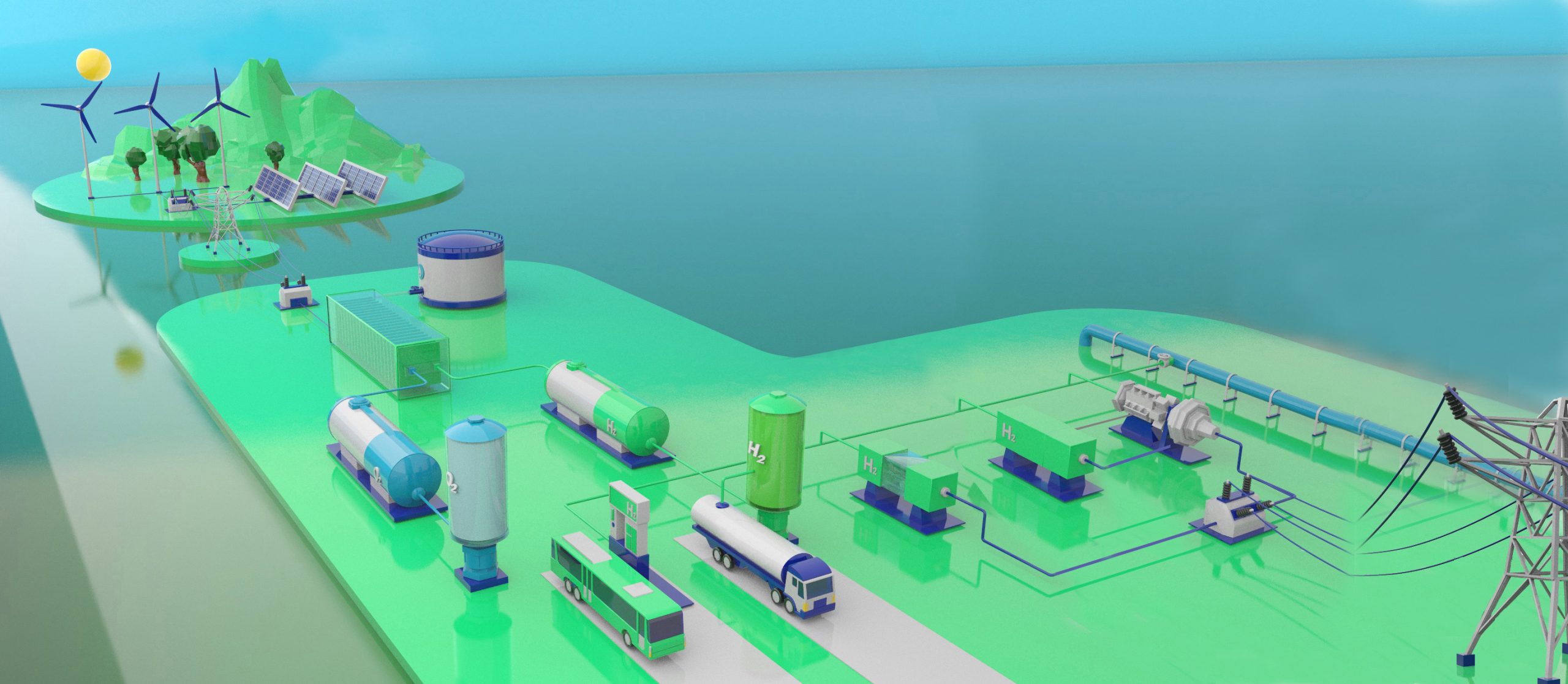The SAFARI project, funded by the European Union’s Horizon Europe research and innovation programme, will create a generic digital platform to strengthen port infrastructure against extreme weather events.
The Port of Seville has been selected as a pilot port for the initiative, while Sener’s contribution will include, among other tasks, the development of artificial intelligence (AI) algorithms that will predict and advise on the impact of weather events, optimising infrastructure maintenance.
Ports are among the many infrastructures affected by global warming, which is causing rising ocean temperatures and glacier melt, resulting in higher sea levels. Between 1993 and 2024 alone, sea levels have risen by 10 centimetres, and by the end of the century, up to 410 million people could be at risk from the negative effects of coastal flooding, according to NASA. Additionally, such infrastructure is increasingly impacted by other phenomena such as droughts.
The SAFARI project, funded by the European Union’s Horizon Europe research and innovation programme, has been launched to tackle this challenge through the development of a generic digital platform for port infrastructure, enabling it to better withstand extreme weather events. This platform will include several emergency management modules powered by operational, maintenance, and analytical components.
The engineering and technology group Sener is participating in the project and will develop a digital twin to support the maintenance of the lock at the Port of Seville, enhancing decision-making during flooding events. Sener will collaborate with the University of Seville, the Port of Seville, CMA CGM, NextPort, Serviport Andalucía and Lynxdrone in developing this system. The Ports of Seville, Dunkirk, and Lisbon have been selected as pilot ports for the project. The knowledge gained from them will be extrapolated to other similar infrastructures. The project brings together 26 entities from 10 countries (France, Spain, Italy, Norway, Finland, Belgium, the United Kingdom, Portugal, Greece, and Lebanon), including 7 universities and 6 ports.
Specific goals of the SAFARI project include: developing measures to reinforce port infrastructure against extreme climate events; maintaining port operations at 80% capacity during periods of disruption; optimising the allocation of multimodal transport assets before and after disruptive events to achieve a 20% modal shift of freight with a lower environmental footprint and minimise downtime during extreme weather events; ensuring the safety of personnel and vessels and protecting biodiversity; and building a governance model and guidelines to address climate risks and hazards affecting port infrastructure.
Sener’s specific role in the project focuses on three main areas. Firstly, the development of artificial intelligence (AI) algorithms that will predict and advise on the impact of weather events, thereby optimising the maintenance of the lock infrastructure. Three algorithms will serve as the foundation for the decision-making process within the maintenance module of the project’s digital twin: infrastructure and system condition monitoring; predictive maintenance of equipment; and intelligent emergency management system protocols.
Secondly, Sener will work on developing the BIM (Building Information Modelling) model of the Port of Seville’s lock, which includes modelling the infrastructure and systems of the lock and adding a geometric layer to the data.
Thirdly and finally, Sener will develop the maintenance management module for an intelligent and interactive digital representation of the Seville lock system. The digital twin includes the predictive maintenance optimisation tool, integrated with the recently implemented CMMS (Computerised Maintenance Management System) at the Port of Seville.
The work being carried out at the Port of Seville is part of the broader efforts within the SAFARI project, which has already begun and will run until 2027, with a total investment of nearly 8 million euros.
 About us
About us About us / section
About us / section Markets
Markets Markets / section
Markets / section Projects
Projects Careers
Careers Careers / section
Careers / section
